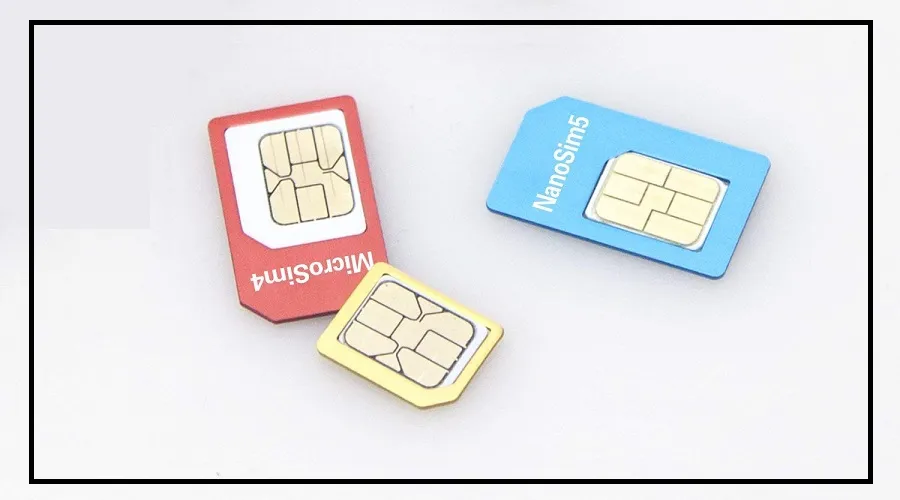Imagine receiving a message from an unknown number, only to discover that the SIM card behind it is registered in your name — and linked to a cybercrime.
This may sound strange, but the Department of Telecom (DoT) says it is happening more often than people realise.
In a new advisory, the DoT has warned that mobile users may face legal action if a SIM taken using their identity is involved in fraud, impersonation, or any illegal activity — even if someone else actually used it.
Why This Warning Was Issued
Cybercriminals are increasingly using SIM cards obtained with fake documents or borrowed from unaware individuals.
When such a SIM is used for phishing, financial scams, or threatening calls, the police track it back to the registered owner — you.
According to the DoT, the original user may be treated as an offender if a SIM in their name is misused later.
This is why the department is urging people to stay alert and keep track of all devices and mobile connections linked to their identity.
Red Flags You Should Not Ignore
The advisory highlights several important don’ts for subscribers:
Do not use devices with tampered IMEI numbers.
Avoid buying assembled devices like modems or SIM boxes with configurable IMEIs.
Never take a SIM card using fake documents.
Do not give your SIM card to someone else.
The DoT also warns that using apps or websites that hide your caller ID, such as spoofing tools, can lead to legal trouble.
What the Law Says
Under the Telecommunications Act, 2023, tampering with mobile identifiers — including IMEI numbers — can result in strict punishment.
Offenders may face:
Up to three years of imprisonment
Fines up to ₹50 lakh
Or both
Additionally, the Telecom Cyber Security Rules, 2024 prohibit owning equipment that can alter IMEI numbers.
How to Stay Safe
The DoT advises users to regularly check for any suspicious devices or numbers linked to their identity.
The government’s Sanchar Saathi portal and mobile app help you:
Verify IMEI details
Track all active SIM cards registered under your name
This makes it easier to spot unauthorised use before it becomes a legal problem.
As cybercrime grows more advanced, your SIM card is no longer just a tool for communication — it is now a responsibility.
Keeping it secure is essential for both safety and legal protection.






















